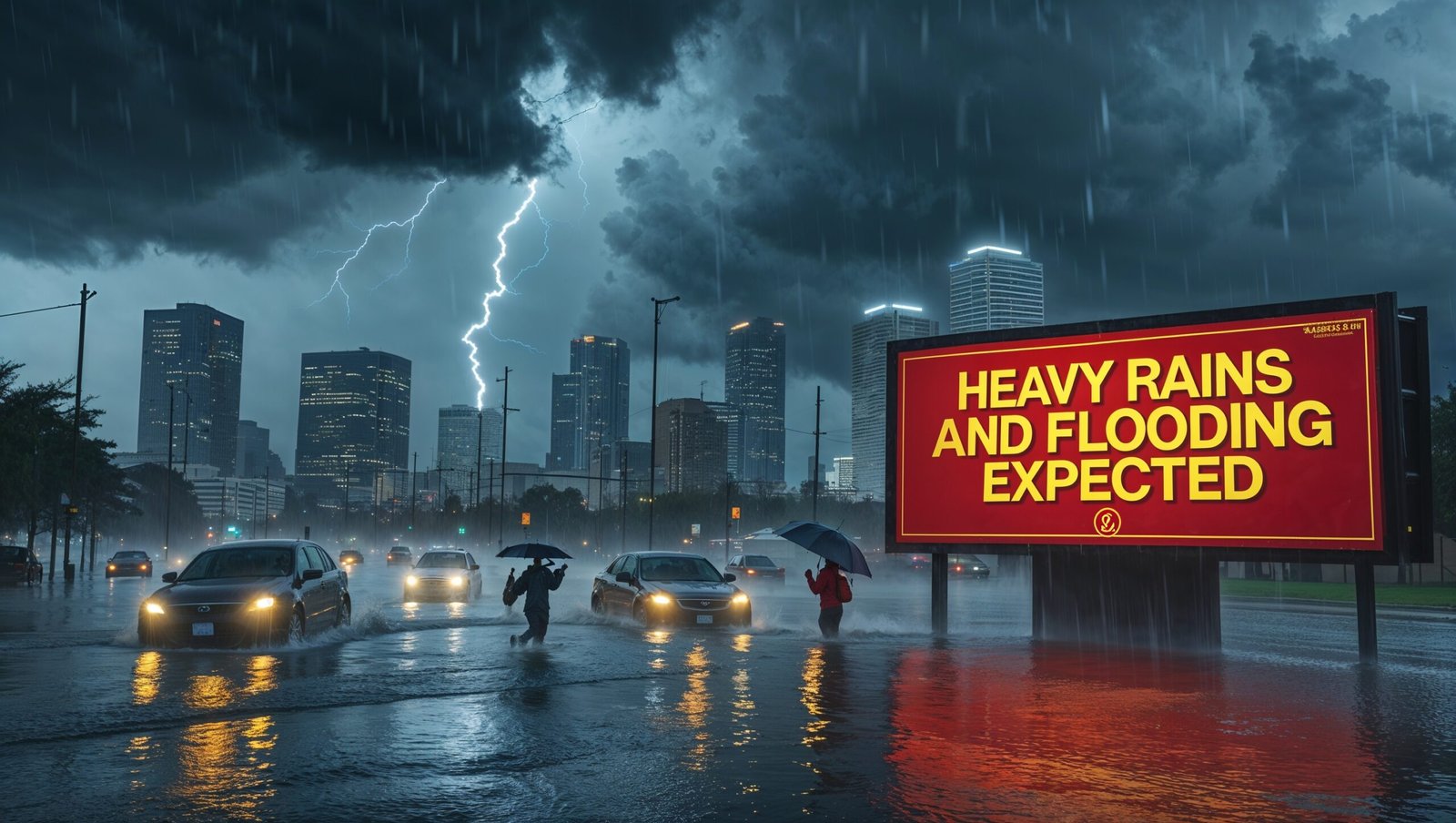Discovering Vanuatu: A Pacific Gem
Introduction to Vanuatu
Vanuatu, an island country located in the South Pacific Ocean, is a beguiling tapestry of cultural richness and natural beauty. Consisting of approximately 83 islands, this archipelago is nestled northeast of New Caledonia and west of Fiji. Known for its vibrant traditions and stunning landscapes, Vanuatu offers an idyllic escape and a profound anthropological intrigue into Melanesian heritage.
The Geographical Marvel
Among the archipelago’s most enticing features are its tropical beaches, coral reefs, and active volcanoes. The sheer geographical diversity of Vanuatu is nothing short of a spectacle, from the majestic Mount Yasur on Tanna Island to the azure blue holes of Espiritu Santo. This geographical diversity is underpinned by Vanuatu’s dynamic geological history, mold and sculpted by aeons of volcanic activity.
Cultural Richness and Heritage
The cultural landscape in Vanuatu is as vivid and diverse as its topography. With over a hundred distinct languages spoken, Vanuatu boasts one of the highest linguistic diversities per capita in the world. Traditional ceremonies, such as the famous naghol or land diving on Pentecost Island, offer a glimpse into ancient customs that continue to thrive, embodying the deep-rooted traditions of this Pacific gem.
A Treasure Trove of Ecology and Biodiversity
Vanuatu’s landscape supports an extensive array of flora and fauna. The lush rainforests, teeming with native plant species, give shelter to unique wildlife that holds significant ecological value. Efforts to preserve this natural grandeur are akin to an island symphony, intertwining conservation measures with ecological research to protect such invaluable ecosystems.
The Economic Tapestry
Vanuatu’s economy is a delicate dance, harmoniously balancing between agriculture, tourism, and offshore financial services. Agriculture, primarily subsistence farming, remains a steadfast pillar, with coconut, cocoa, and kava as mainstays of the local economy. Conversely, tourism has become an increasingly robust sector, drawing visitors to experience the unparalleled beauty and culture of the islands.
Adventurous Attractions
Vanuatu’s attractions offer something for every intrepid explorer. Whether it is diving into the clear waters amongst coral, exploring the wild terrains through bushwalking, or engaging in cultural exchanges with local communities, Vanuatu offers myriad opportunities for discovery. The vibrant markets brimming with local produce and handicrafts provide insights into the daily lives and traditions of the Ni-Vanuatu people.
Current Issues and Sustainable Future
Like many island nations, Vanuatu faces significant challenges, particularly the impacts of climate change. Rising sea levels and increasing frequency of extreme weather events pose existential threats. However, sustainability initiatives have become more integral, with efforts focused on fostering resilience and leveraging indigenous knowledge to navigate these challenges.
People Also Ask
- What is Vanuatu famous for?
Vanuatu is renowned for its cultural diversity, stunning natural beauty, and the unique tradition of land diving. The islands also offer fantastic scuba diving experiences and are home to the still active Mount Yasur Volcano.
- Is Vanuatu a safe destination for travelers?
Yes, Vanuatu is generally considered a safe destination for tourists, with welcoming locals and a relatively low crime rate. However, it’s advisable to stay informed about local customs and potential natural events such as cyclones.
- What languages are spoken in Vanuatu?
Vanuatu is linguistically diverse, with Bislama (a Creole language), English, and French being the official languages. Additionally, there are over a hundred local languages spoken throughout the islands.
- What are the major economic activities in Vanuatu?
The economy of Vanuatu primarily revolves around agriculture, tourism, and offshore financial services. Main agricultural products include kava, coconuts, and cocoa. Tourism is a growing industry due to the islands’ natural and cultural attractions.
- How is Vanuatu coping with climate change?
Vanuatu is actively working on initiatives to combat climate change impacts. This includes advocating for global climate policies, developing disaster risk management strategies, and implementing sustainable agricultural practices to enhance resilience against climate-induced challenges.







